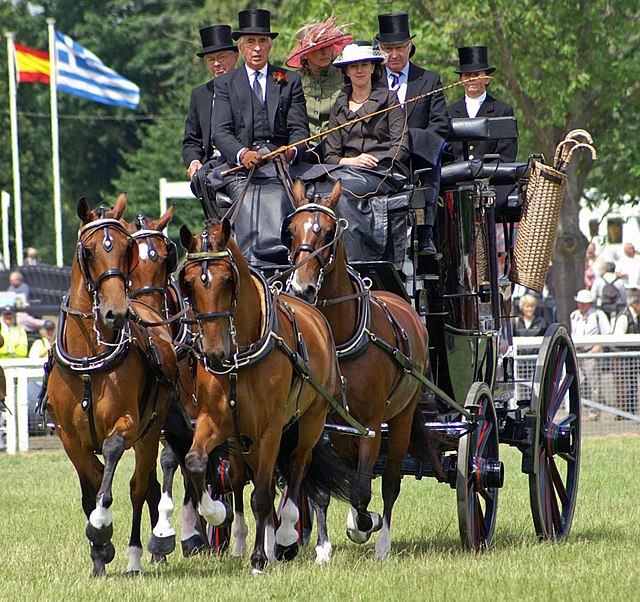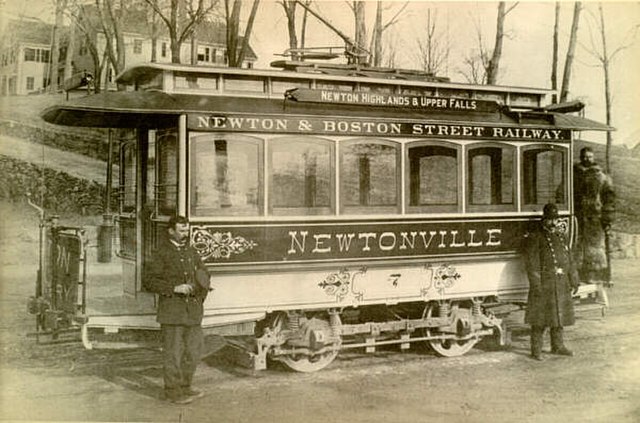Free public transport, often called fare-free public transit or zero-fare public transport, is public transport which is fully funded by means other than collecting fares from passengers. It may be funded by national, regional or local government through taxation, and/or by commercial sponsorship by businesses. Alternatively, the concept of "free-ness" may take other forms, such as no-fare access via a card which may or may not be paid for in its entirety by the user.
In 2020, Luxembourg became the first country to provide free public transport across its entire territory.
Tallinn's residents voted for free public transportation on 24 March 2012. This polling place was in a historic tramway Gotha G4-61
Public transport is a system of transport for passengers by group travel systems available for use by the general public unlike private transport, typically managed on a schedule, operated on established routes, and that may charge a posted fee for each trip. There is no rigid definition of which kinds of transport are included, and air travel is often not thought of when discussing public transport—dictionaries use wording like "buses, trains, etc." Examples of public transport include city buses, trolleybuses, trams and passenger trains, rapid transit and ferries. Public transport between cities is dominated by airlines, coaches, and intercity rail. High-speed rail networks are being developed in many parts of the world.
A coach, private or hired, for several passengers
Early trolley car in Newton, Massachusetts
TransJakarta bus operating in Jakarta, Indonesia
Busscar trolleybus in São Paulo






